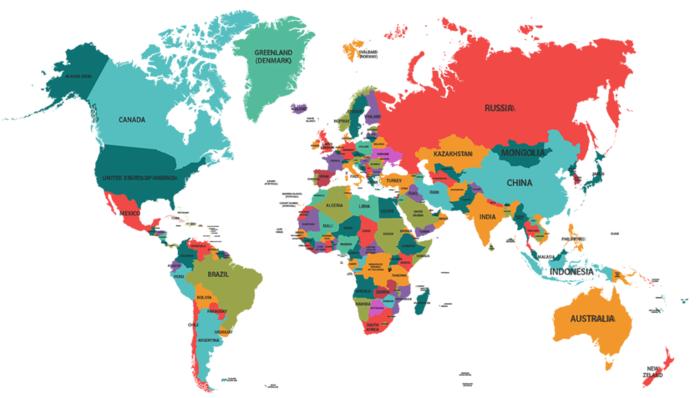The Largest Economies in the World by Nominal GDP (Current US$)
The economy is a complex system that encompasses the production, distribution, and consumption of goods and services in a region or country. The world economy is a global network of economic interactions between countries and regions that are interconnected through trade, finance, and communication.
There are several different types of economic systems in the world, including capitalism, socialism, and mixed economies. Capitalism is a system where private individuals own and operate businesses, and prices are determined by supply and demand. Socialism is a system where the government owns and operates the means of production, and prices are determined by the state. Mixed economies are systems that combine elements of both capitalism and socialism.
The global economy has experienced significant growth in recent decades, with developing countries such as China, India, and Brazil emerging as major players in the global market. However, there are also significant challenges and inequalities within the global economy, including income inequality, resource depletion, and environmental degradation.
The COVID-19 pandemic has had a significant impact on the global economy, with many countries experiencing economic slowdowns and job losses. Governments and international organizations have implemented various measures to support their economies, including fiscal stimulus packages and monetary policy interventions.
Overall, the global economy is a complex and ever-changing system that plays a crucial role in shaping our lives and the world around us.

